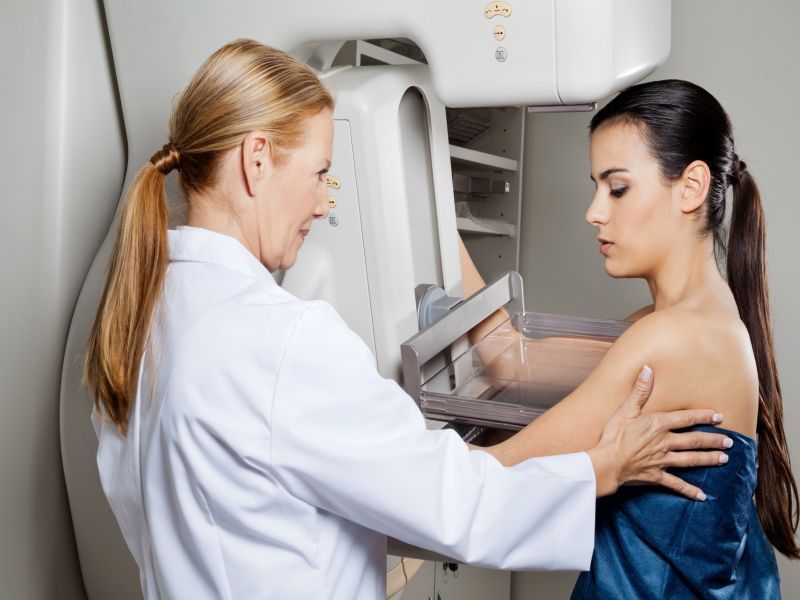
Many people may have postponed cancer screenings during the coronavirus pandemic, but a major medical group says now is the time to catch up.
The American College of Surgeons Commission on Cancer is urging people to resume recommended cancer screenings to prevent further delays that could lead to diagnosis after a cancer is more advanced.
“Regular cancer screening tests can improve and save your life,” said Dr. Timothy Mullett, chair of the surgeons’ commission.
“Pausing surgical care early in the pandemic helped hospitals prepare to treat patients with COVID-19 and secure necessary equipment, but a year into the pandemic, cancer care facilities have assumed best practices in order to resume screenings and surgical care safely,” Mullett added.
“Screenings increase the chance of detecting cancer early, when they may be easier to treat. We’re encouraging everyone to talk to their doctor or a health care professional about getting back on track with their recommended cancer screening,” he advised in a college news release.
Breast cancer remains the leading cause of cancer death among women. Colorectal cancer is the third most common cause of death among men and women in the United States. Nearly one in three people for whom screening is recommended were not up-to-date with those tests, and that was before the pandemic, the commission said.
Between March and May of 2020, screening procedures dropped dramatically, according to the American Cancer Society. About 35% of Americans missed routine cancer screenings due to COVID-19-related fears and service disruptions, the commission said.
The cancer society expects a short-term drop in cancer diagnoses because of the pandemic, and a later corresponding increase in late-stage diagnoses and preventable deaths.
The surgeons’ group created a resource, “Preparing to have surgery during the time of COVID-19,” with suggested questions patients can ask their surgeon to feel more prepared about returning to a health care facility for their care. The guide also covers common concerns such as how the check-in process has changed, what to expect during appointments, and safeguards to prevent the spread of COVID-19.
The group also provides ongoing guidance to hospitals and clinical practices to maintain patient safety and encourage best practices during the pandemic. They recommend facilities consider their community’s COVID-19 numbers, personal protective equipment availability, adequate workforce, patient communication protocols, and the ability to deliver safe, high-quality care.
More information
The U.S. Centers for Disease Control and Prevention has more on cancer screening.
SOURCE: American College of Surgeons, news release, March 18, 2021
Source: HealthDay

Leave a Reply